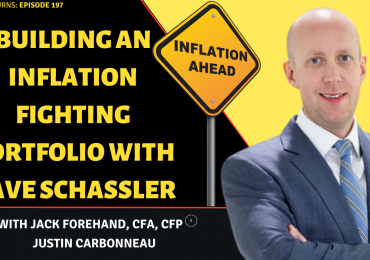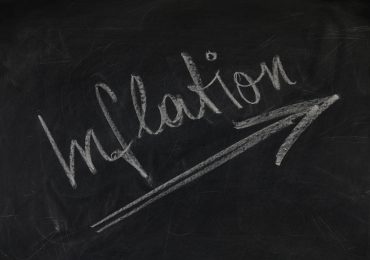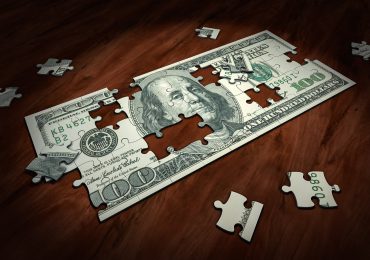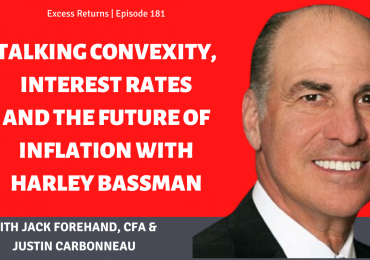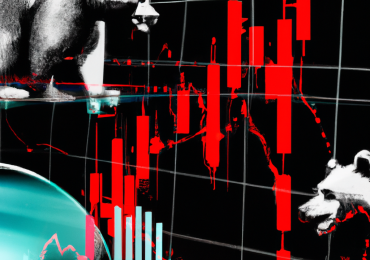John Hussman is continuing to maintain a defensive position on stocks, saying that two dangers — an overbought, overvalued market and the coming to roost of a second wave of credit losses — mean investors should be cautious.
“It is important to note that our current defensive position is driven by the present combination of overvalued, overbought, overbullish conditions, coupled with upward yield pressures, and is independent of my larger concerns about the potential for a second wave of credit strains,” Hussman writes in his latest market commentary. “So there are two distinct sets of concerns here, one that would exist even in the absence of credit concerns, and the other that directly involves those concerns.”
Hussman, whose funds have excellent long-term track records, has been anticipating a second round of credit problems for a while. He says we are now reaching a point when those problems could be appearing in economic data in the form of spikes in delinquencies, large increases in loan loss provisions, or a rise in foreclosures. First-quarter earnings reports will also offer the first look at how corporations are bringing onto their balance sheets entities that previously could be kept hidden, he says.
As for valuations, Hussman says investors are continuing to look at the fall 2007 highs as an anchoring point, one that shows the market still has room to run. But, he says, “it is extremely important to recognize that those 2007 valuations were what one might call ‘Bubble Part II’, and priced stocks for terribly poor long-term returns. … Indeed, outside of the bubble years from the late 1990’s through 2007, the S&P 500 has never been priced to achieve a poorer long-term return than it is now.”
Hussman also offers some interesting thoughts on inflation, saying that inflation “is always and everywhere a fiscal phenomenon. … You will not find sustained inflation without sustained fiscal irresponsibility.” Over the longer term, bailouts, tax shortfalls and lack of budget discipline will likely lead to significant inflationary pressures, starting about four years or so from now, he says. He doesn’t expect hyperinflation, but he does anticipate “a near doubling in the CPI over the course of about 10 years, focused primarily in the latter half of this decade.”

